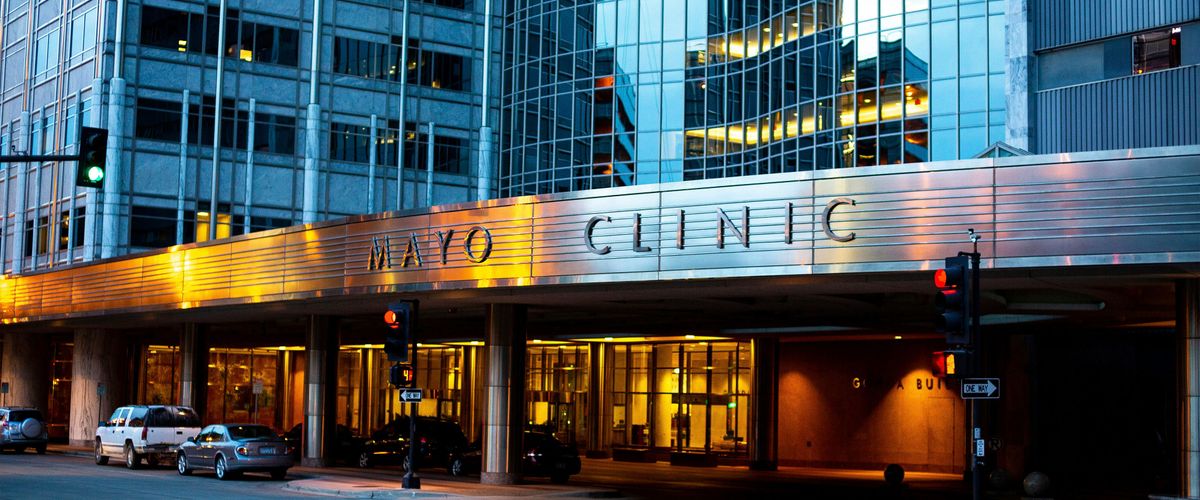By Doruntina Zeneli
On Wednesday, February 13, Assistant Professors Katherine Einstein and Maxwell Palmer and Associate Professor David Glick joined the Initiative on Cities, sharing key findings from the 2018 Menino Survey of Mayors based on interviews with 110 mayors across 37 states. The three highlighted mayoral views on social mobility, living wage ordinances, the sharing economy, immigration, and other issues that impact cities daily.
Insufficient living-wage jobs and high housing costs are two major challenges impacting cities today. According to mayors, this hinders social mobility for residents. “Democratic mayors are 30% more likely to cite living wages as the top obstacle than their Republican counterparts,” Einstein added. ”We see a sizable minority claiming there is no obstacle to social mobility.”
Additionally, the Menino Survey asked mayors for their opinion on whether cities should have strong living-wage ordinances, even if it means that some businesses may relocate or hire fewer people. Einstein states: “No Republican mayor agreed with this tradeoff. There was a 60 percentage point partisan gap… the biggest partisan gap on any Menino survey that we have asked over a five-year period.”
Most mayors uniquely approached financial incentives. Eighty-four percent of them agreed that recruiting jobs and investment with financial incentives was beneficial for the city. However, 61 percent believe that other cities overuse these incentives. Einstein argued that “many mayors believe other cities are using financial incentives too much, but believe it’s best for their own city.” Additionally, 45 percent of mayors say that Amazon’s second HQ decision is abnormally focused on tax incentives and other financial incentives.
A majority of mayors believe that the sharing economy has a positive effect across all income levels, for residents of color, and for the business community in their city. Despite reporting this positive impact, over half of mayors believed these services need to be more tightly regulated. Einstein explained that “[survey researchers] were struck that two-thirds of mayors favored regulation of these sharing economies despite their positive feedback.”
Questions about public health were introduced to the survey for the first time this year according to Einstein. Mayors identified obesity, diabetes, heart disease, and addiction as the top health challenges facing cities. Einstein stressed, however, that mayors do not believe “their constituents hold them highly accountable on these issues.” Instead, mayors believe they are held strongly accountable for traffic accidents, gun violence, and exposure to toxins like lead.
Mayors also responded to national political issues such as immigration and marijuana legalization. Findings reveal that Democratic mayors are “substantially more likely to believe that immigrants should receive local government services, regardless of legal status,” while just over half of Republicans disagreed. Additionally, 67% of Republicans disagreed with the legalization of marijuana, while 62% of Democrats favored marijuana legalization.
The Menino Survey truly highlights the priorities and challenges facing America’s mayors as they implement policies to meet the needs of their residents.
